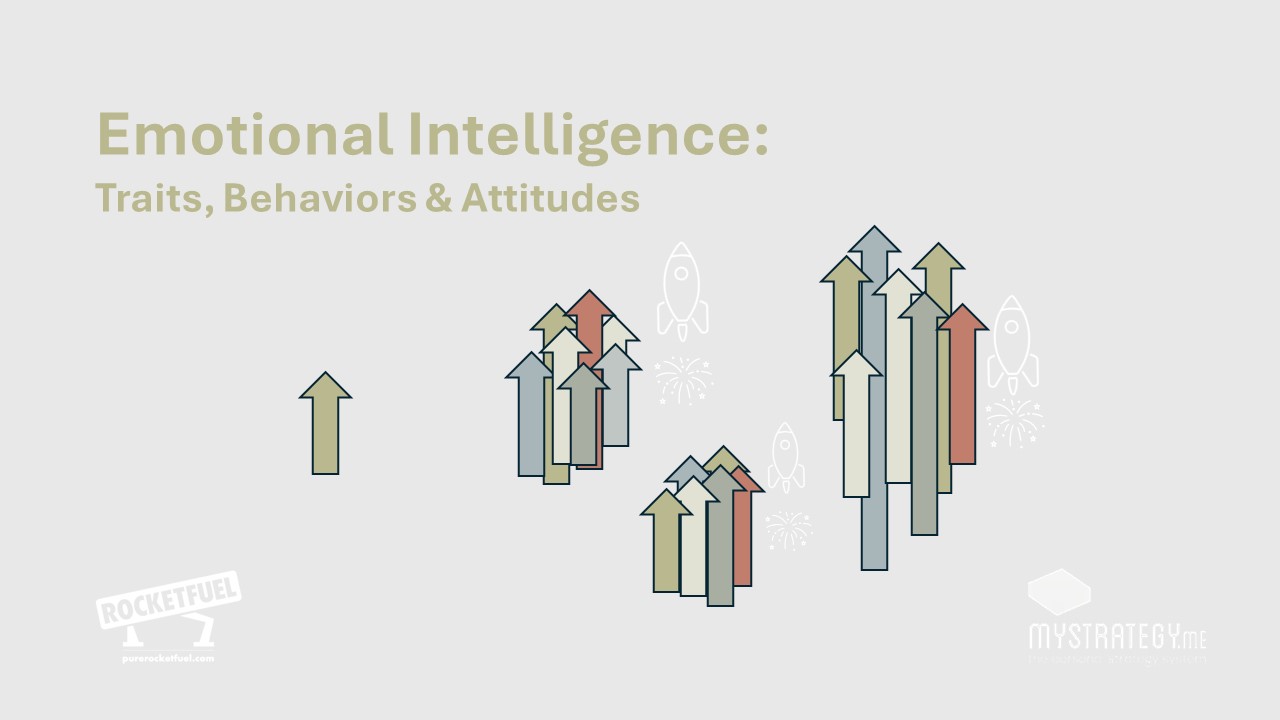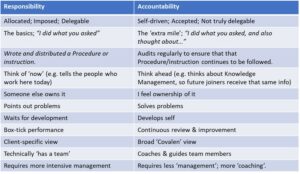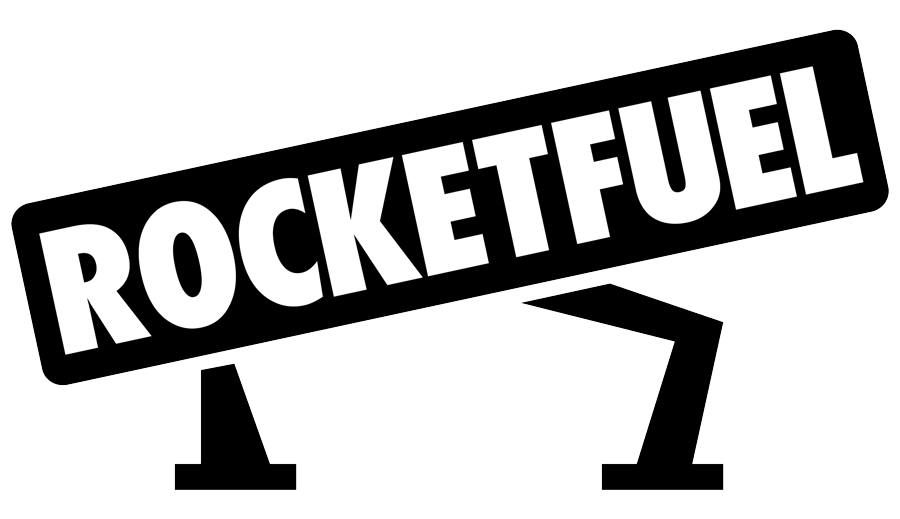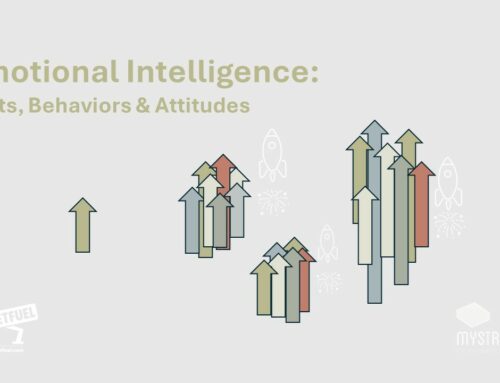
Leadership implies accountability, not just responsibility, reminds Head of Leadership Coaching, Davina Greene. So why do both seem so difficult to find?
For words used a lot across every workplace, there continues to be a haze of confusion surrounding Responsibility and Accountability – and, more importantly, a difficulty in managing people’s self-awareness in this area.
In fact, recently over lunch with a friend, the conversation went like this:
Me: So, how’s the team at work coming together?
Her: Oh, don’t ask! Basically, I wish I felt more like I was playing rugby than tennis.
Me: Explain!
Her: Every time I pass the ball to someone, it feels like it comes back to me almost immediately, with more questions and ‘required’ clarifications. I wish someone would just take the ball, turn their back to me and run away from me with it for a while. You know…do some independent thinking for a bit, and then decide what they might really need from me – if anything. Maybe, one day, someone might even approach me looking to take the ball…
Which I thought was a nice analogy.
Here, I’ll give a general overview that may help you reflect on how you’re doing in this respect. Then, of course, you should stop and think about whether coaching on these themes is needed for any of your team members.
Responsibility & Accountability – What’s the Difference?
Any business types reading this will probably be used to seeing see these words in Operating Procedures, in the RACI matrix – the Responsibles are the do’ers, the Accountable is the owner who must ensure the Procedure happens. But let’s think beyond that, as these terms are much more broadly relevant. It is important to have the emotional intelligence to understand the impact of the presence, or absence, of either or both.
Responsibility is a bare minimum, often grounded in reactivity. Its presence is not a bonus; rather, its absence is deeply problematic. As adults, we are responsible for all of the things we sign up to over time, which of course includes our stated commitment to our jobs (the signature on the contract; the acceptance of a salary in return for it; the understanding that the salary is for doing the role well, not badly).
Responsibility is best served by making sure that our role definitions reflect key responsibilities, and that clear goals and expectations are set ongoing through general discussion and Performance Management. It is also important to note that, in start-up and fast-growing businesses in particular, aspects of our roles will evolve (often quite regularly) as the company – and clients – evolve. It is important that, from point of hire, the nature of the industry is understood: high flexibility may be a key responsibility for all involved.
Basic failures such as not covering one’s core workload, selecting only favored tasks from the expected workload, not managing one’s diary properly, “forgetting” certain tasks just because nobody’s really asking about those tasks as much as before…all are signs that not even basic Responsibility has been mastered.
Accountability is a proactive ‘way of being’, a further adult acceptance of – and engagement with, and elaboration upon – the responsibility given. For example, your self-defined ‘extra mile’-type steps; your enthusiasm for “other ad hoc tasks”. Also, your willingness to recognize areas where you yourself can adjust your personal behaviors for better performance and outcomes.
Accountable includes admitting involvement in mistakes, taking the time to do some root-cause analysis, planning for it to go better next time. Ownership is a word often used in place of Accountability, which defines quite well that extra sense of engagement from the individual’s side.
It’s like when you graduate from school to university and the adults say “This will be the measure of who you are – will you actually attend lectures, or will you stay in bed if nobody is around to push you?”. If you cling to the idea that there’s always going to be someone else who’s supposed to be keeping an eye on you, instructing you, taking ultimate responsibility for what you do, then your sense of accountability possibly isn’t the greatest.

Differences between Responsibility & Accountability
Note: I have noticed over the years that accountability for the work of other people is a very common problem area for Managers. It seems almost objectionable, to some (especially those who always produced excellent, self-driven work themselves). Notice if that’s how you feel about your People Management role, as this mindset could become a significant issue. Remember that all the resources you need are there to assist in bringing people up to standard: Coaching, then stricter Performance Management, then your last-resort HR processes.
The Importance of Management & Leadership Accountability
When bad things happen, we want to turn to a problem-solving adult – that’s human nature. Imagine something goes wrong at work and all you can see above you is your “Leaders” saying “It’s not my fault”, or “Sorry, it’s 5pm, I’m going home – I don’t care if the client is threatening to end the contract, we’ll discuss it tomorrow”.
Whether you are entry-level or near the top of the tree, you want to feel like the Management levels above you are engaged, interested, maybe even passionate about what they do, so that you can continue to have a secure job, pay your rent/mortgage, and do whatever you enjoy doing with your life without interruption. You want to see a strong sense of responsibility and accountability. If you feel the wrong people are in the wrong roles, as a result you don’t feel safe, you don’t feel trust. As you read this, remember that all of the people below you in the hierarchy are looking at you in this way.
From the business side, of course, penalties or other costs (from slow-burn efficiency-related losses to quick, dramatic client loss) can start building up where nobody is spotting and solving problems in a fully accountable manner. That’s a whole other matter.
Why might Responsibility or Accountability be low?
From both general theory and my direct experience, there are various possibilities, some of which might be:
- No consequences: This is very common. It can often mean the Manager covering up for deficiencies in the employee’s work and even taking on that workload themselves. And maybe even promoting that person anyway, at a later date. So, zero incentive to improve.
- Fear: Resilience may still be developing. The person may not want to make mistakes, disappoint, or feel judged in any way, therefore avoiding responsibility. Perhaps they were embarrassed by someone in the past for an alleged “stupid idea” or came from a previous blame culture.
- Overwhelm: An excessively high task volume, or problem complexity, can create overload, anger and even illness, none of which work in favor of the responsibility of personal ownership. Negative feedback, added to self-criticism and/or exhaustion, may worsen this. It is important that we spot genuine over-work before deciding someone is simply ‘not stepping up’ to the current task.
- Indifference, Effort-aversion, Laziness: In general as a human, or can be caused at work by company choices, such as letting people drift into higher roles with minimal gear-change, or letting people drop ‘uninteresting’ tasks without challenge. This teaches nothing about responsibility and accountability; in fact, it encourages the opposite.
- Micromanagement: Where individuals are never given the chance to learn about independent, lateral or big-picture thinking, due to constantly having someone at their shoulder, watching, dictating, correcting, controlling…that, ultimately taking responsibility.
- Wrong person in wrong role: At interview, good ‘acting’ is common – most people now know the Management/Leadership lingo and are indirectly programmed, over time, to play a good interview game. Shortcomings become clear too late. If this happens as an internal move, then there are two sides at fault for letting this happen. Management interviews should interrogate for past evidence of skill implementation, rather than just theory or hypotheticals.
- Confusion over authority/boundaries: If there has been no conversation about expectations, limits, and the scope of responsibility, this is unhelpful. Especially if the person is naturally very careful, or overly respectful/polite.
- Over-engaged parenting: e.g. Mom and/or Dad always made problems go away and cleared the path, so the person has no real understanding of the efforts involved in achieving things. Blaming others is common in this case: “Other People” are supposed to hold responsibility, handling the detail, making things easy and smoothing the transition to the next level. This leads to, in essence, learned helplessness.
- External work ethic/attitude adoption: Parents, relatives or closest friends have minimal (or no) work ethic, perhaps resent traditional work structures or hierarchies, or ‘authority’ as a concept, and have engrained this attitude in your team member. Their effort and engagement is therefore actively, consciously, being limited.
- Biological Development phase: In terms of maturity and perspective, perhaps your team member can’t see a Big Picture yet, no matter how hard you try to explain it. Bear in mind that the key age for full brain development can run to 25 years. Rational, grey-area-accepting, self-controlled ‘adult’ thinking and behaviors are the final pieces to fall into place. Responsibility and accountability may come, but not just yet.
- Lack of understanding of Management: Often, nobody explains to new managers that Management is not about just practical work; it’s as much about the thinking, observation and strategizing that will build new work ideas and initiatives. That this half of the role is missing is felt strongly by other managers, but the new manager simply has no idea that this gap exists. This can be perceived, somewhat unfairly, as lack of responsibility.
- No strong example: There is no consistent example of responsibility or accountability close to them, so they have nobody to model themselves on (consciously or unconsciously) in this respect. This can happen when, throughout the Management structure, accountability is known about as a concept or ‘buzzword’, but not really actively demonstrated.
This means that googling generic advice is quite unhelpful, as the reasons for the person’s behaviours need to be understood. Only you can achieve that as their Manager, in direct conversation. Assumption is our downfall, so should be avoided at all costs. That said, you may never know the exact reasons – however, it is important you understand how varied those reasons could be.
This also means that, if you’re not having regular 1-2-1s with your people, you have no hope of establishing where the problem(s) might lie and what to do next, and so could waste a lot of your own time going down the wrong path. Often, just sitting with someone to discuss role expectations and boundaries within a Bigger Picture can solve a lot. Then, they can then start spotting their own potential tasks rather than you, as manager, constantly having to come up with ideas and delegate them. Those who are suited to moving upwards in an organisation are very receptive to this.
Coaching for Responsibility & Accountability
A Performance Management process is critical for this, to create the conversation. If you’re not learning about your people, and your people are not learning about themselves, then we can never put the right people in the right roles.
There must be consequences – if there is no consequence, there is no perceived need for change. With Coaching, you hope that the only necessary consequence is a conversation about the issue, which may solve everything. Mere ‘awareness’ can be half the battle, with some degree of self-correction kicking in immediately.
Like all behavioural change, the person must want to make the change, so your reason for the change being necessary for the role needs to be compelling (if the person seriously wants a true, convincing Leadership career, this reason should be compelling enough in itself).
If the person is looking for you, their Manager, to come up with the steps and force the change, this is already falling outside the zone of accountability.
Possible Coaching Questions & Conversations for Responsibility & Accountability
There are, of course, thousands of ways you could end up constructing such a conversation. Some starting questions that might make a useful appearance could be things like:
- Describe what you enjoy and don’t enjoy about your role.
- What made you apply for this role/promotion, in particular?
- What do you think changes when you step onto a Management Team?
- Describe your understanding of Responsibility versus Accountability. Describe where you think you are on that spectrum.
- On a scale of 1 to 10, how engaged are you with your role, your career? Discuss.
- How would you define your approach to your role, in terms of a Proactive % versus a Reactive %?
- Based on everything you know about this business and/or your department, what do you think your contribution is/can be?
- As an observer, it seems that you load up on easier tasks, creating a “busy-ness” excuse for not achieving certain key tasks. Would I be right, do you think? Discuss.
- What would you start doing if I gave you the next promotion? What is stopping you from starting on those activities now?
For people to whom responsibility and accountability comes naturally, even during moments when they’re a little tired or demotivated, they can’t resist spotting all the peripheral aspects of a piece of work, tweaking them, enhancing them. They usually continue to spot trends and flag them, even on a bad day, because they are compelled to. Someone bargaining that “If you give me more money/a better title, then I’ll show you enhanced performance” is likely not understanding how critical each piece of a company’s Management Selection process is – as mentioned earlier, it has to be based on past evidence of ability, not hope!
In conclusion…
To bring this back to Leadership language: Who are you most likely to follow – a still, detached, box-ticking ‘minimalist’ or a forward-moving, engaged and accountable ‘owner’?
Think about what Management is, from the moment you are selected as a Team Leader, and beyond: the coming together of a group of people who care about a business in order to grow it and ensure its survival through happy clients, so that the people who show up each day can benefit in terms of security, personal growth, and more. When we look to a Management team, we want to see people who are responsible, invested, dedicated, and feel accountable for what happens day to day, year to year. We want to see that they are continuously observing, analyzing, future-proofing and safe-guarding. It’s about being flexible and available when needed. It’s more about community thinking than personal preference.
This is the spirit you need to ensure exists across your Management structure. You must know it to be (at least somewhat) in place from the moment someone decides they might like to apply for their first management role.
Do you have it?
Interested in investing in your own personal – and personal strategy – development? Check out www.MyStrategy.me!
Share This!
About the Author



